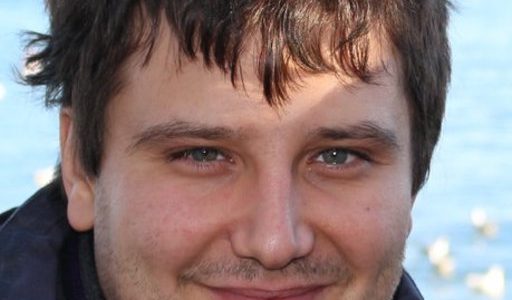Title
Middleware and programming models for multi-robot systems
Abstract
Despite many years of work in robotics, there is still a lack of established software architecture and middleware for multi-robot systems. A robotic middleware should be designed to abstract the low-level hardware architecture, facilitate communication and integration of new software. This PhD thesis is focusing on middleware for multi-robot system and how we can improve existing frameworks for fleet purposes by adding multi-robot coordination services, development and massive deployment tools. We expect robots to be increasingly useful as they can take advantage of data pushed from other external devices in their decision making instead of just reacting to their local environment (sensors, cooperating robots in a fleet, etc).
This thesis first evaluates one of the most recent middleware for mobile robot(s), Robot operating system (ROS) and continues with a state of the art about the commonly used middlewares in robotics. Based on the conclusions, we propose an original contribution in the multi-robot context, called SDfR (Service discovery for Robots), a service discovery mechanism for Robots. The main goal is to propose a mechanism that allows highly mobile robots to keep track of the reachable peers inside a fleet while using an ad-hoc infrastructure. Another objective is to propose a network configuration negotiation protocol. Due to the mobility of robots, classical peer to peer network configuration techniques are not suitable. SDfR is a highly dynamic, adaptive and scalable protocol adapted from Simple Service Discovery Protocol (SSDP). We conduced a set of experiments, using a fleet of Turtlebot robots, to measure and show that the overhead of SDfR is limited.
The last part of the thesis focuses on programming model based on timed automata. This type of programming has the benefits of having a model that can be verified and simulated before deploying the application on real robots. In order to enrich and facilitate the development of robotic applications, a new programming model based on timed automata state machines is proposed, called ROSMDB (Robot Operating system Model Driven Behaviour). It provides model checking at development phase and at runtime. This contribution is composed of several components: a graphical interface to create models based on timed automata, an integrated model checker based on UPPAAL and a code skeleton generator. Moreover, a ROS specific framework is proposed to verify the correctness of the execution of the models and to trigger alerts. Finally, we conduct two experiments: one with a fleet of Parrot drones and second with Turtlebots in order to illustrates the proposed model and its ability to check properties.
Jury
- Prof. Abderrafiaa KOUKAM, Université de Technologie de Belfort-Montbéliard (Reviewer)
- Prof. Philippe LALANDA, Université́ Joseph Fourier, Saint-Martin-d’Hères (Reviewer)
- Prof. Noury BOURAQADI, Institut Mines-Telecom, IMT Lille Douai (Member)
- Dr. Stéphanie CHOLLET, ESISAR, Valence (Member)
- Prof. Olivier SIMONIN, INSA Lyon (Supervisor)
- Dr. Julien PONGE, INSA Lyon (Co-Supervisor)

